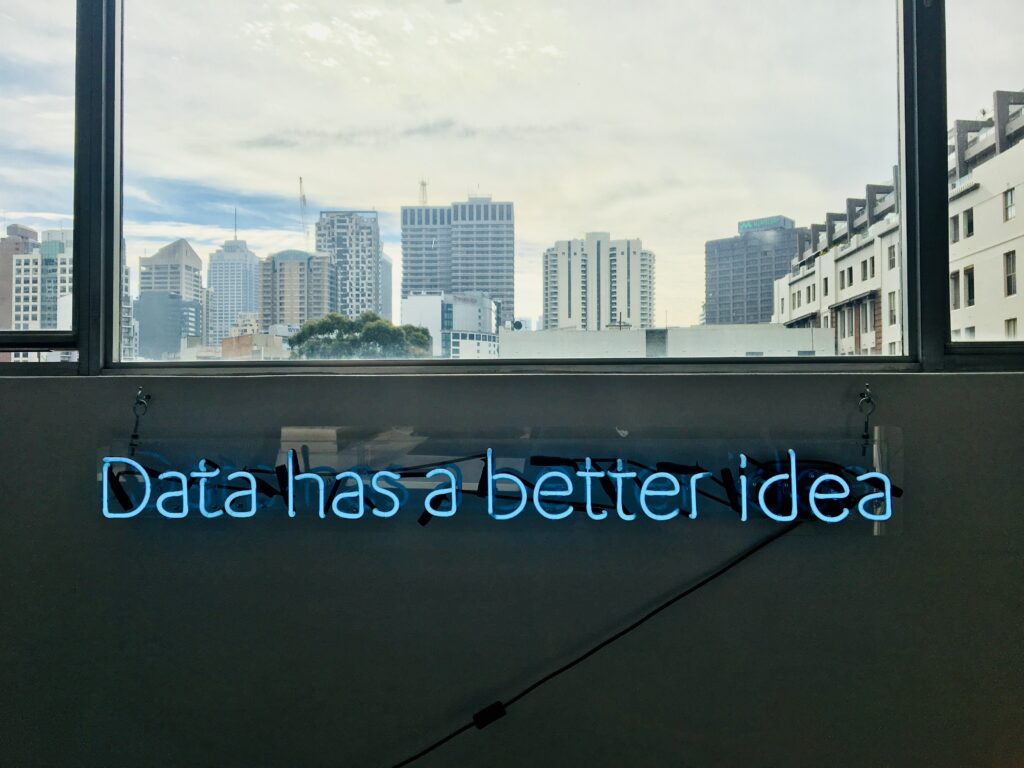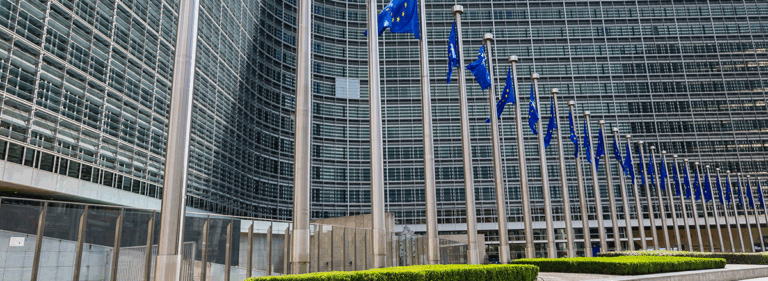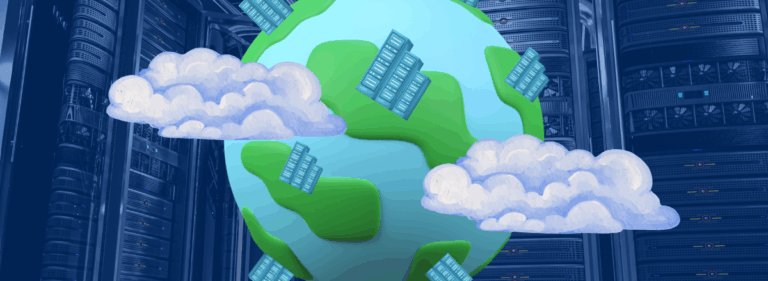Can AI combat cognitive capacity issues and information overload?
Unprecedented upheavals in cybersecurity, viral pandemics and climate change makes fostering international co-operation and democratizing access to knowledge more urgent than ever.

With large data sets, AI tools can create new knowledge that humans would not be able to find alone. It is vital to give free access to AI technologies and the knowledge they generate to create a fairer world that is responsibile and secure.
Complement human cognition with responsible AI
Science, Technology, and Innovation (STI) have seen rapid digital transformation in recent years. On one hand, detailed records of new discoveries and advancements in STI are becoming easier to obtain.On the other, the volume, speed and variety of data have grown beyond human cognitive capacity. A recent study shows the quantity of scholarly communications has grown so much that scientists in more than 350 fields are finding it impossible to keep up with the literature produced in their own fields. Even domain experts with are experiencing this problem, as reputable organizations that specialize in STI advice and analyses sometimes produce reports with glaring mistakes.
Microsoft Academic Services (MAS) is a Microsoft Research (MSR) project that explores the extent to which artificial intelligence (AI) can solve the cognitive overload problem. The project focuses on modern computers and how they can increase human cognitive functions. This is especially true for memory accuracy, the attention span, and the speed at which numeric or logic computations make inferences and analogies.
While humans tire from reading large and expansive documentary resources, AI natural language understanding capabilities can complete the task faster and better. As statistical machine learning based techniques often perform better when they have had large amounts of training data, MAS uses the largest document collection Microsoft has access to, i.e., the entire web corpus indexed by Bing. The outcome is an AI agent known as Microsoft Academic Graph (MAG) that continuously gathers knowledge from the web as new documents are published online. As of January 2020, that agent has possesses knowledge in more than 700,000 fields of STI literature that span over more than two centuries around the globe.
MAG, the knowledge representation in MAS, is freely available and has received rigorous evaluations from a broad range of expert communities. Based on the peer review articles published to date, the AI technologies in MAS have obtained similar or better quality than human experts employed by commercial entities that offer similar services.
The more powerful technology, the greater the need for social responsibility, and security
More importantly, core to the MAS project is a tenet that powerful technologies require greater social responsibility. This is even more critical with AI because it can surpass human intelligence and related behaviour. MAS’ approach to responsible AI is governed by Microsoft’s trustworthy computing position, ethical AI principles, and MSR’s commitment to promoting open science and open scholarship.
Together, these frameworks inform MAS’s feature design, or underline a lack of thereof. For instance, MAS adapts Bing’s sophisticated security measures to ensure that they are robust and resilient against disinformation campaigns and malicious attacks from the web. The same security measures actively replace flawed machine learning methodologies that have inadvertently introduced or amplified cognitive biases, such as confirmation, that are linked to human annotators. Although most scholarly articles publish author correspondence addresses and grant sponsorship, MAS has precluded them from mass distribution, and recognize that these data can be exploited outside of scholarly communications and in a way that was not originally intended nor desired. At the same time, MAS does its best to remove barriers to publishing and discovering new reports. MSN also aims to facilitate robust and open discussions within the STI communities and beyond.
As humanity is facing unprecedented upheavals, ranging from cybersecurity to viral pandemics and climate change, it is impossible to overstate how important it is to foster international co-operation and democratize access to the knowledge that our best technologies and tools provide.

































